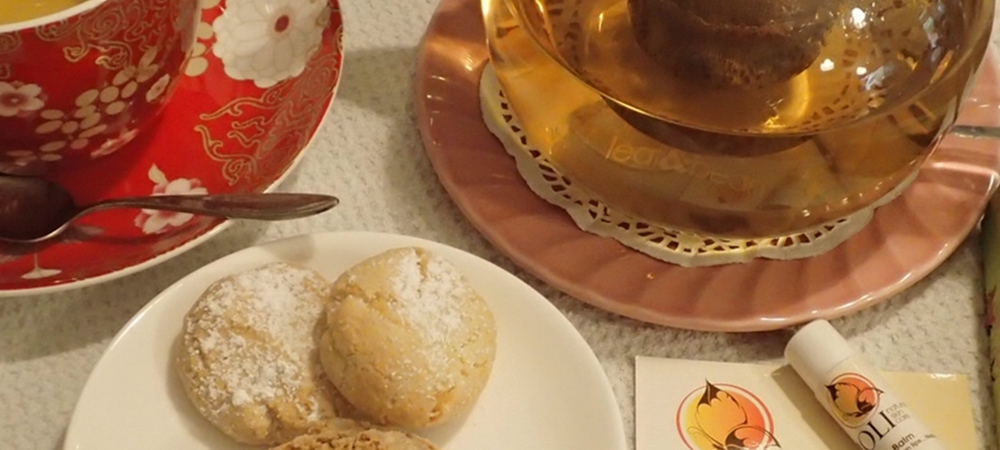I spent most nights unable to sleep because I couldn't stop crying and thinking about her not being around any more. I was plagued by insomnia and stayed up watching TV for hours until the TV screen lulled me into a deeply tired state, where I would then crawl into bed and sleep most of the next morning away. Days were spent in a zombie state of mind, unable to focus and, to be honest, not really feeling like doing much. It has been hard going for sure - as I'm sure a fair few of you will be able to relate to.
For around two weeks I was eating a handful of chocolate a day in an attempt to give my body fake serotonin levels (this is even before my step-mum passed away). Though obviously I realised I can't keep this up, chocolate isn't so good for me (all that sugar) and it's not necessarily a good way to cope. Although it's only natural to cope in what ever way we can, it is still important to find natural healthy ways to cope with grief.
After my step-mum passed away I began to crave floral scents, which is strange for me as I tend to find floral scents too sneezy and avoid them at all costs. Yet here I was purchasing floral incense sticks that I've been burning regularly and I've been using jasmine essential oil diffused in an oil burner - jasmine is particularly good for easing depression and easing the grief associated with the loss of a loved one.
 |
| natural vegan bath salts by JOLI |
My step-mum loved floral scents, especially rose, and coincidentally one essential oil blend I have for grief contains rose. Mix 5 drops of cypress, 3 drops marjoram and 2 drops of rose in an oil burner with water.
To aid with depression, mix 4 drops grapefruit, 3 drops geranium and 3 drops palmarosa in an oil burner with water.
These essential oil blends won't bring her back, obviously, and don't make the sadness go away completely. The point is not to bring about delirious happiness and bury the sadness and not have to deal with it. The aim is to aid with healing as naturally as possible while allowing the mind and body to grieve her passing and come to terms with her soul / life force leaving this earth.

